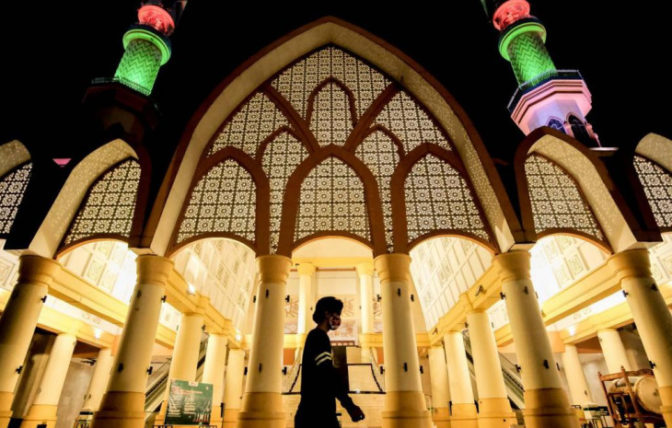
 "
"

 "
"

The largest Muslim population in the world, Indonesia also has diverse tourism destinations that can contribute to the development of halal tourism,” Uno highlighted at the launch of the event.
Halal tourism is a segment of tourism that targets Muslim travelers. In order to be categorized as a halal tourism destination, a destination needs to meet a number of requirements, including serving halal food, providing supporting facilities for prayers, and offering services that cater to Muslim travelers, the minister said.
This potential has been elevated for Indonesia as it has been included in the list of five countries with halal tourism.
Ministry is continuing to make the necessary preparations to develop the halal tourism potential of Indonesia, including in terms of regulations, human resources, attractions, and supporting facilities, he informed.
The ministry is innovating and adapting to the COVID-19 pandemic by taking advantage of digital and technological advancement to further develop halal tourism in Indonesia, he said.
“One of the innovations that we are carrying out amid the COVID-19 pandemic is presenting virtual tours of Indonesian tourism destinations. We are also analyzing big data to map out potential markets to develop halal tourism,” he added.
Once the COVID-19 pandemic is over, Indonesia can become a renowned halal tourism destination in South East Asia